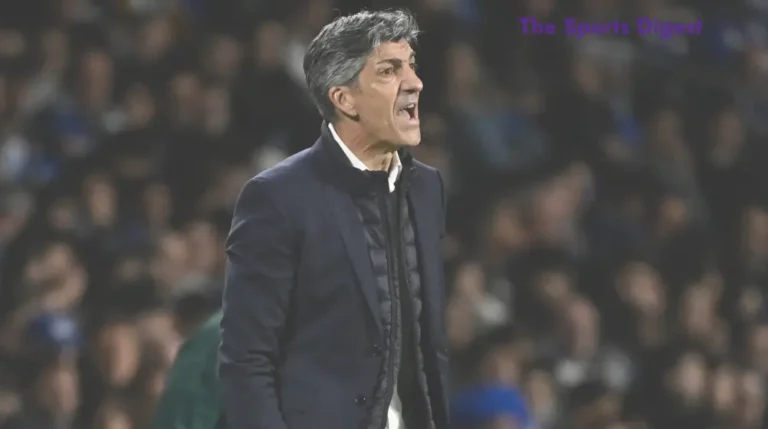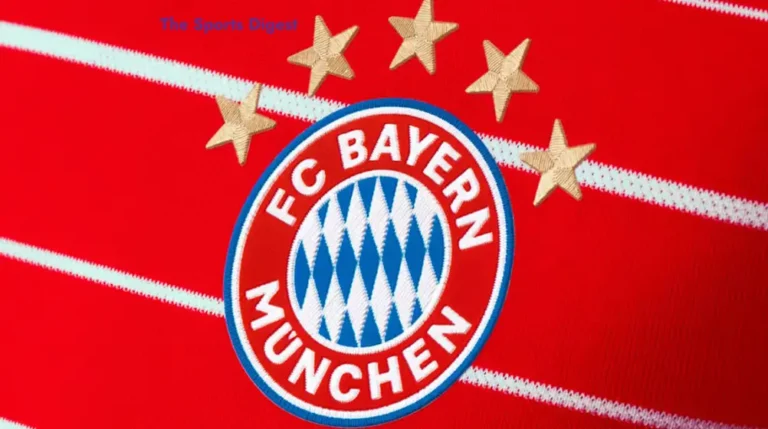Marcelo Bielsa: Football’s Beautiful Mind
When Marcelo Bielsa walked into what would be his final press conference as Olympique Marseille manager in August 2015, few suspected the bombshell he was about to drop. Following a 1-0 defeat to Caen, the Argentine coach calmly announced his resignation, sending shockwaves through French football. The decision had been made days earlier—his resignation letter already sitting in his office—yet he had patrolled the touchline with characteristic intensity until the very end.
For Marseille supporters, particularly the passionate Marseille Trop Puissant (MTP), the news was devastating. After a year of “exhilaratingly chaotic” football that had captivated the fanbase, “El Loco” was gone, leaving behind the remnants of a footballing revolution that had briefly threatened to restore glory to one of France’s most volatile clubs.
Table of Contents
The Marcelo Bielsa Effect at Marseille
Marseille’s history is marked by both triumph and turbulence. When Marcelo Bielsa arrived in 2014 as the club’s 36th head coach in just 28 years, he brought with him a reputation as one of football’s most innovative tactical minds. After stumbling initially with a draw and a loss, something clicked—eight consecutive victories followed, and the “Marcelo Bielsa effect” took hold.
What made Marseille so compelling under his guidance was their tactical flexibility. Switching between his trademark 3-3-1-3 formation and a more conventional 4-2-3-1, Marcelo Bielsa implemented a philosophy built on relentless pressing, intelligent positioning, and an extraordinary work rate that demanded everything from his players.
“His methods were intensive, almost militaristic,” recalled one club insider, “but players responded to his charisma and clear vision.”
The Method Behind the Madness
André-Pierre Gignac, who flourished under Bielsa’s guidance, once described the coach’s meticulous preparation: “His training schedules were like nothing I’d experienced—detailed analysis of countless games, precise instructions for every situation on the pitch.”
Young, talented players found in Marcelo Bielsa the leader they craved—someone whose “peerless level of meticulousness” pushed them beyond their perceived limitations. Training footage revealed a coach totally engaged, barking orders and gesticulating wildly as he demanded perfection from every movement.
“Running is everything,” became the mantra at Marseille’s training ground. Though demanding, players embraced this philosophy, believing wholeheartedly in the benefits of Bielsa’s chaotic, aggressive style. The physical transformation of the squad was remarkable, with players covering significantly more ground than in previous seasons.
From Summit to Sudden Exit
After reaching the summit of Ligue 1 in December, Marseille’s form became erratic. By April, defeats were regular occurrences, and the early-season momentum had evaporated. Behind the scenes, relations with club president Vincent Labrune deteriorated, despite initial mutual admiration.
What made Bielsa’s departure all the more shocking was that just 48 hours before resigning, he had spoken positively about his contract extension. Yet irreconcilable differences with the club’s leadership ultimately drove his decision to walk away.
The Mastermind’s Legacy
Despite his brief tenure at Marseille, Bielsa’s impact was undeniable. His ideas—bold, daring, and tactically revolutionary—left an indelible mark on French football. Unlike managers judged solely on trophies, Bielsa’s influence extends far beyond silverware. He is an innovator, a thinker, a mentor—a symbol of footballing intellect in its purest form.
The roots of this obsession trace back to his upbringing in a successful, achievement-oriented family in Argentina. Leaving home at 15 to pursue his dream at Newell’s Old Boys, Marcelo Bielsa developed an insatiable appetite for learning, influenced by his grandfather’s vast library. His obsession with video analysis began early, cultivating what would become his trademark attention to detail.
When interviewing for the Vélez Sarsfield coaching position early in his career, Marcelo Bielsa arrived with tapes demonstrating precisely how he would improve the team—an astonishing work ethic that would define his approach to coaching.
From Player to Revolutionary Coach
Bielsa’s playing career was modest—a technical defender lacking pace who played mainly in Argentina’s lower leagues before studying physical education. His coaching journey began with Buenos Aires’ university team before returning to Newell’s reserves and eventually taking charge of the first team.
At Newell’s, he introduced a flexible 4-3-3 formation with pacey wingers that could transform into a 3-4-3. Training sessions were structured and intense, mixing tactical work, ball drills, and extensive video analysis. Even young players faced extraordinary expectations, preparing detailed dossiers on opponents and analyzing footage—innovative approaches that led to Newell’s claiming the league title.
A Philosophy Beyond Tactics
For Marcelo Bielsa, football transcends sport—it’s a way of life, an understanding, an ideal. Influenced by Rinus Michels’ Total Football concept, he adheres to four key principles: Concentración, Permanente movilidad, Rotación y Repenitización (Concentration, Permanent focus, Rotation, and Improvisation).
His approach bridges Argentina’s two dominant football ideologies—the romantic idealism of Menottista and the territorial pragmatism of Bilardista. This unique philosophy guided Newell’s to the Copa Libertadores final in 1992 before he resigned to pursue new challenges.
Global Impact
Bielsa’s subsequent work with Argentina (winning Olympic gold in 2004) and transforming Chile into an electrifying attacking force further cemented his reputation. At Athletic Bilbao, he created perhaps his most compelling team, repositioning players like Javi Martínez and introducing width with talents such as Muniain.
His preparation was legendary—watching all 38 league games from the previous season before taking charge. Training was grueling, featuring intense sprint sessions and high-pressure match simulations. The results were spectacular, culminating in a dominant performance against Manchester United in the Europa League that left Sir Alex Ferguson in awe of Bielsa’s organization.
Today, Bielsa’s influence extends throughout football. Without him, some argue, “there may not have been the glory of watching Guardiola’s Barcelona.” His “interminable quest for the ideal” continues to inspire coaches worldwide, prioritizing process over outcome in a sport increasingly obsessed with results.
There may never be another quite like Marcelo Bielsa—football’s beautiful, obsessive mind.
Have you ever read an article like this?
There are no reviews yet. Be the first one to write one.






